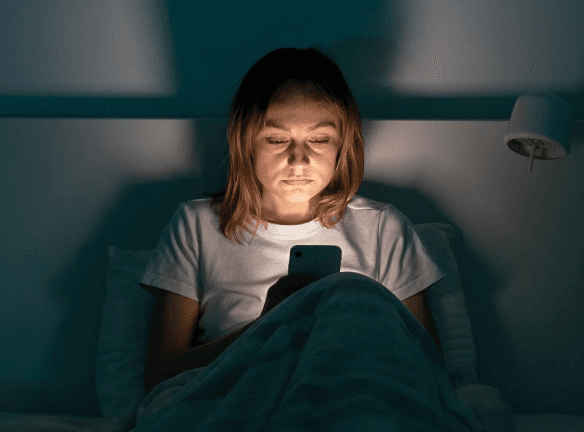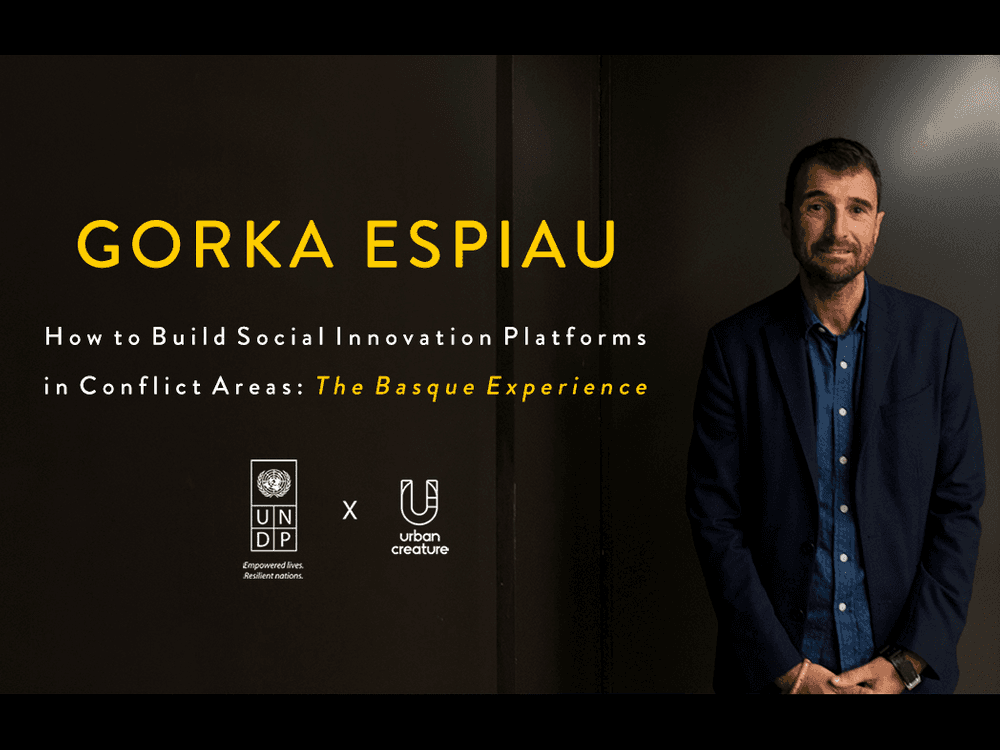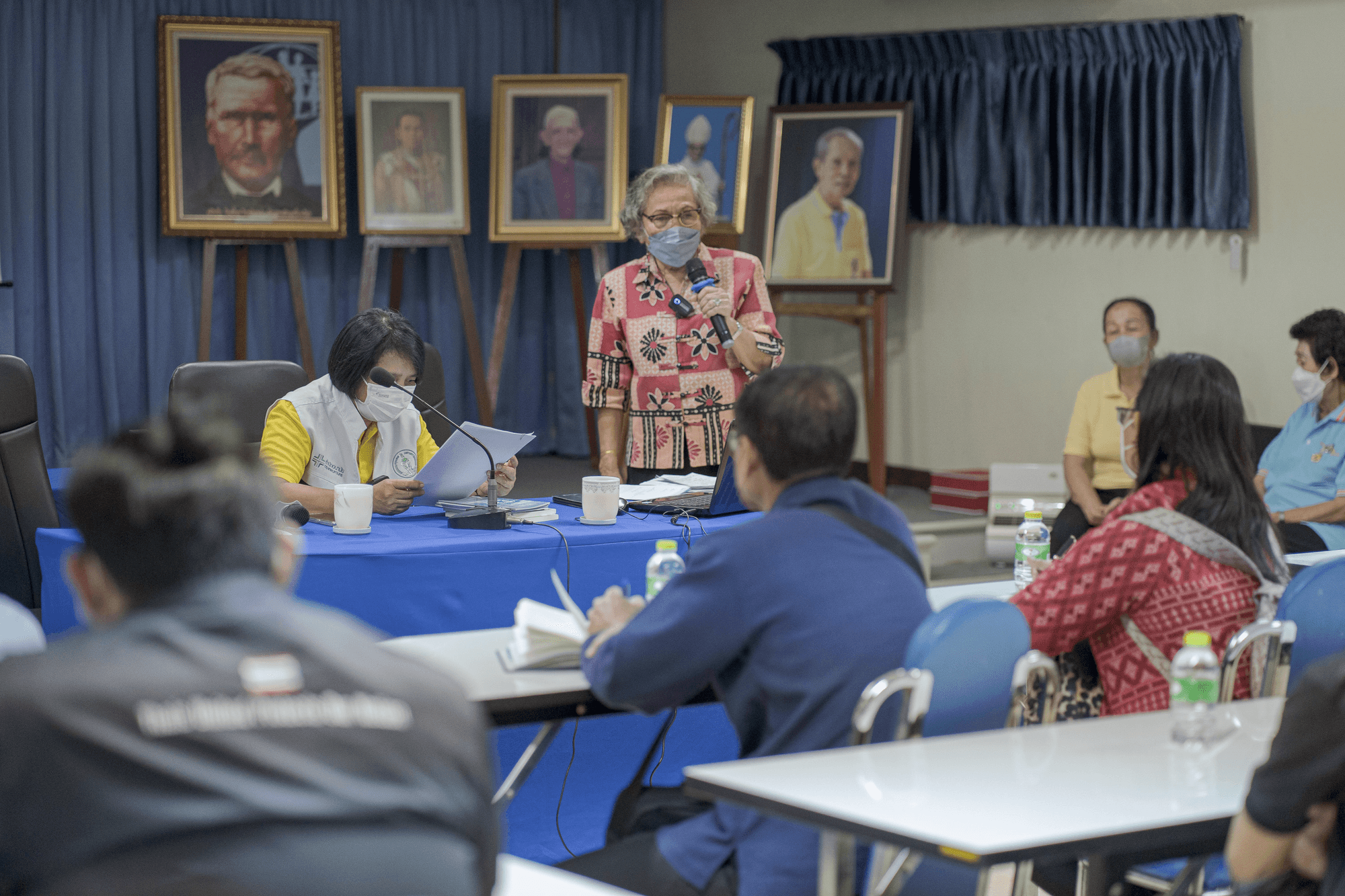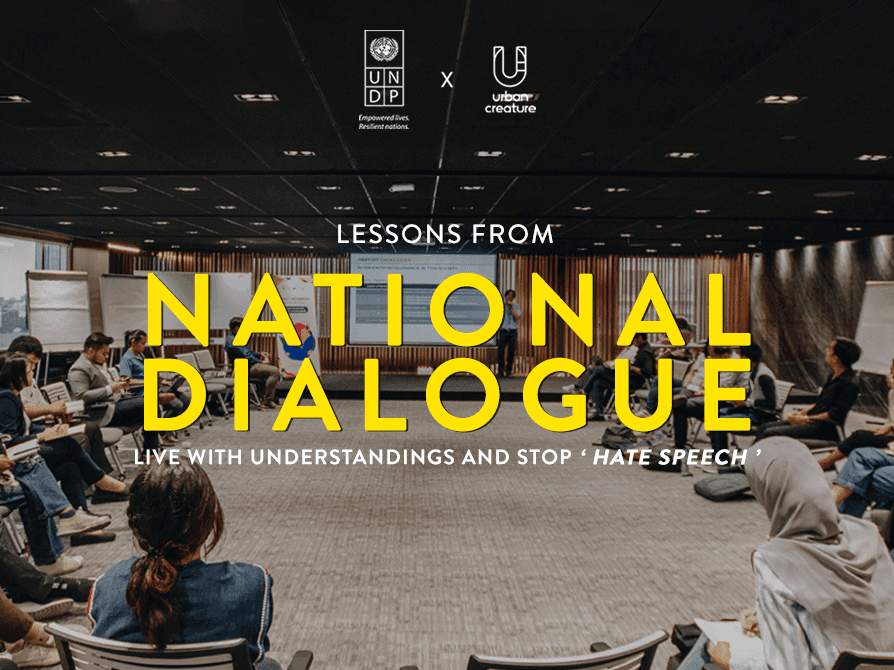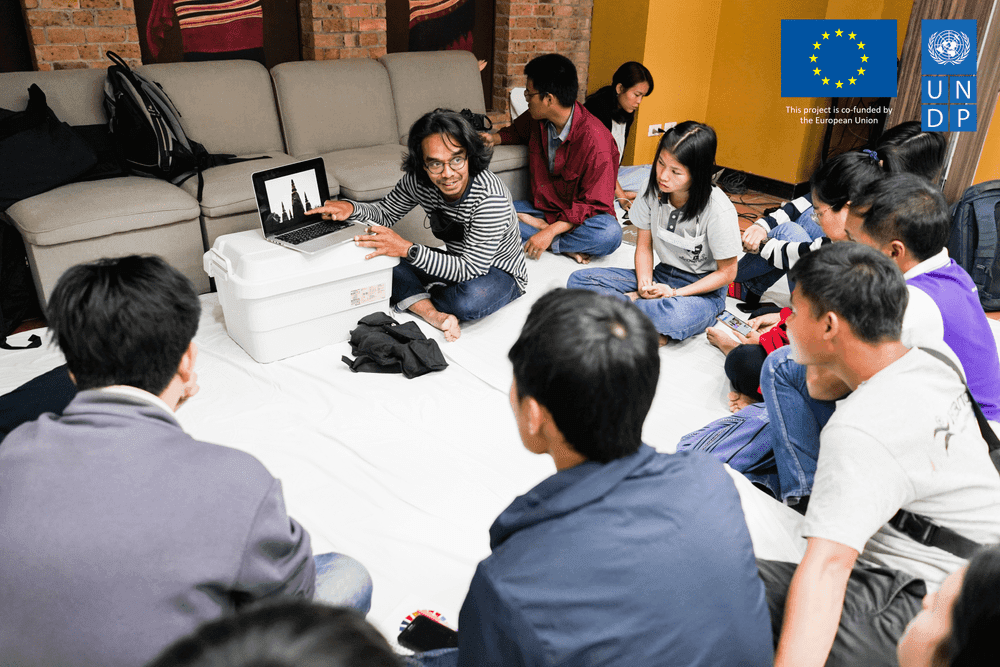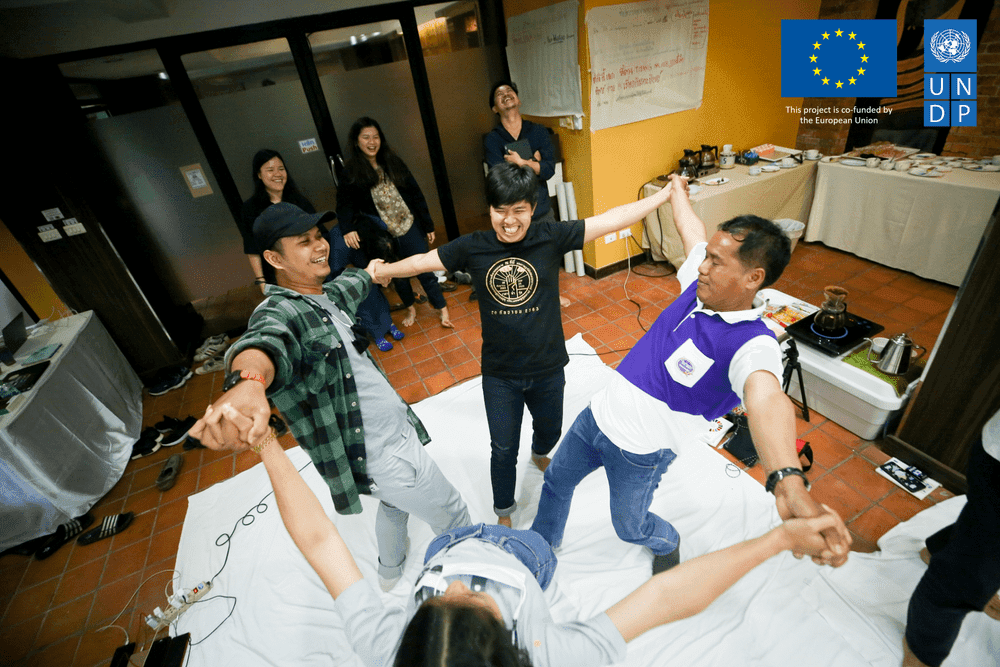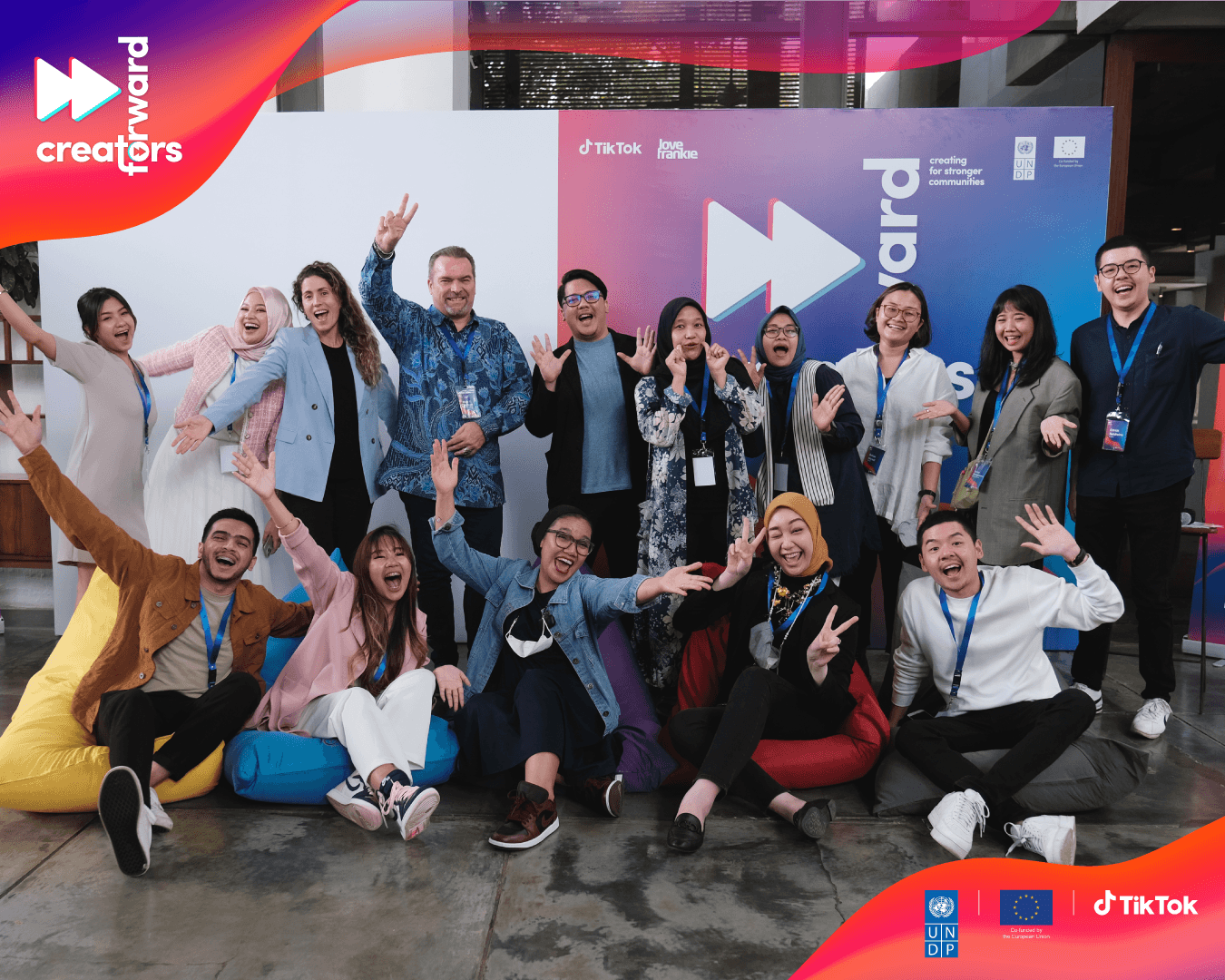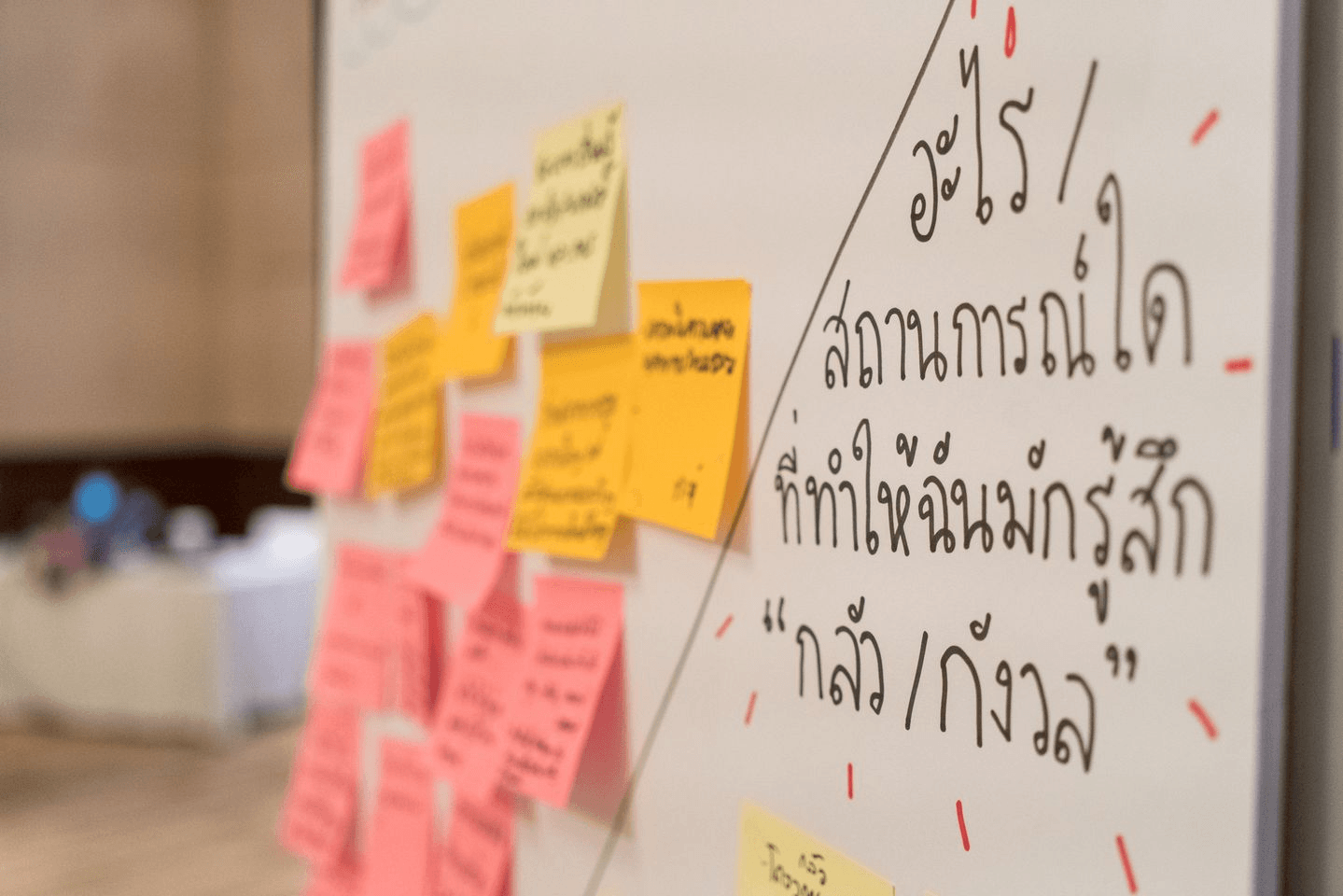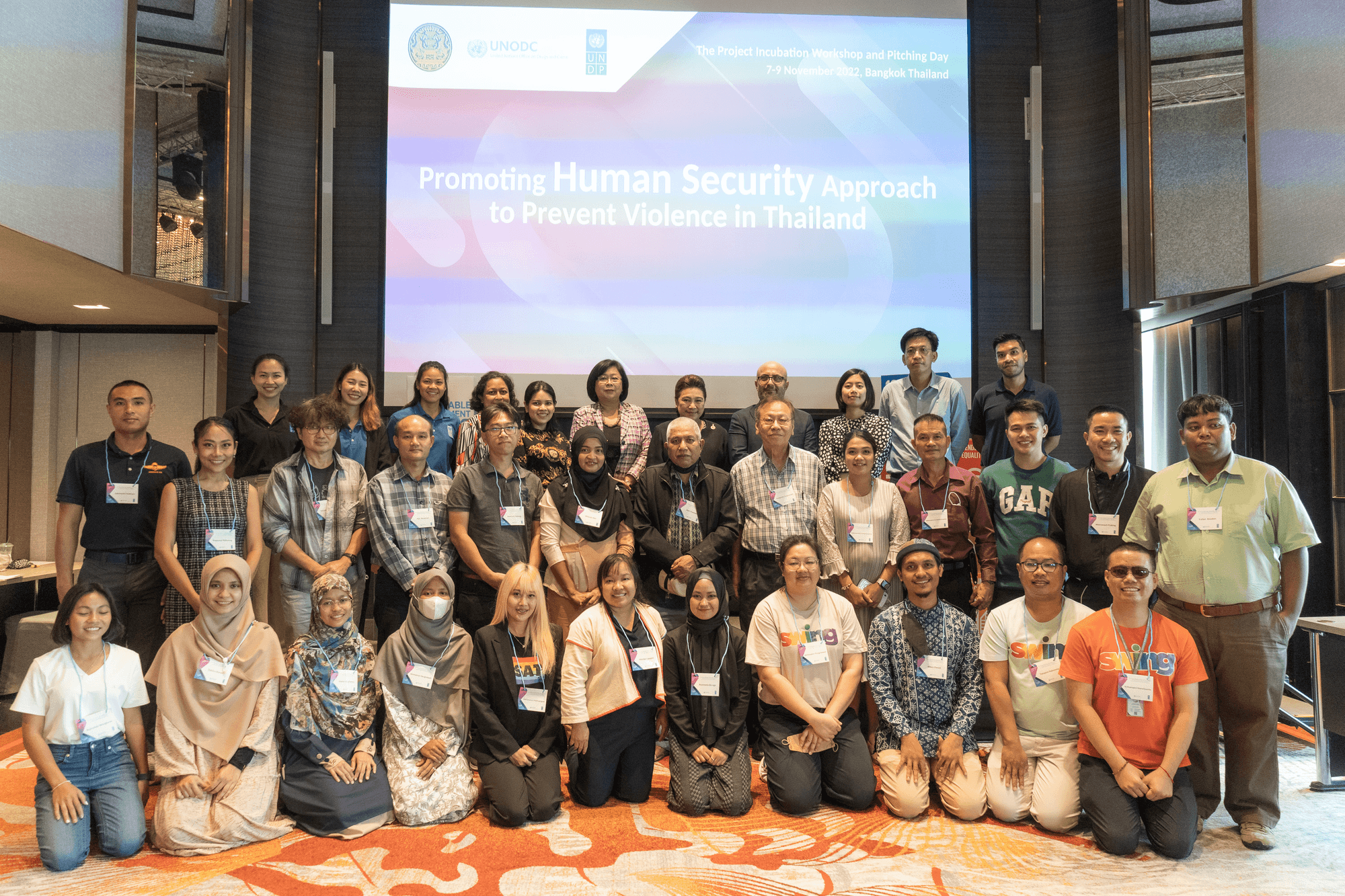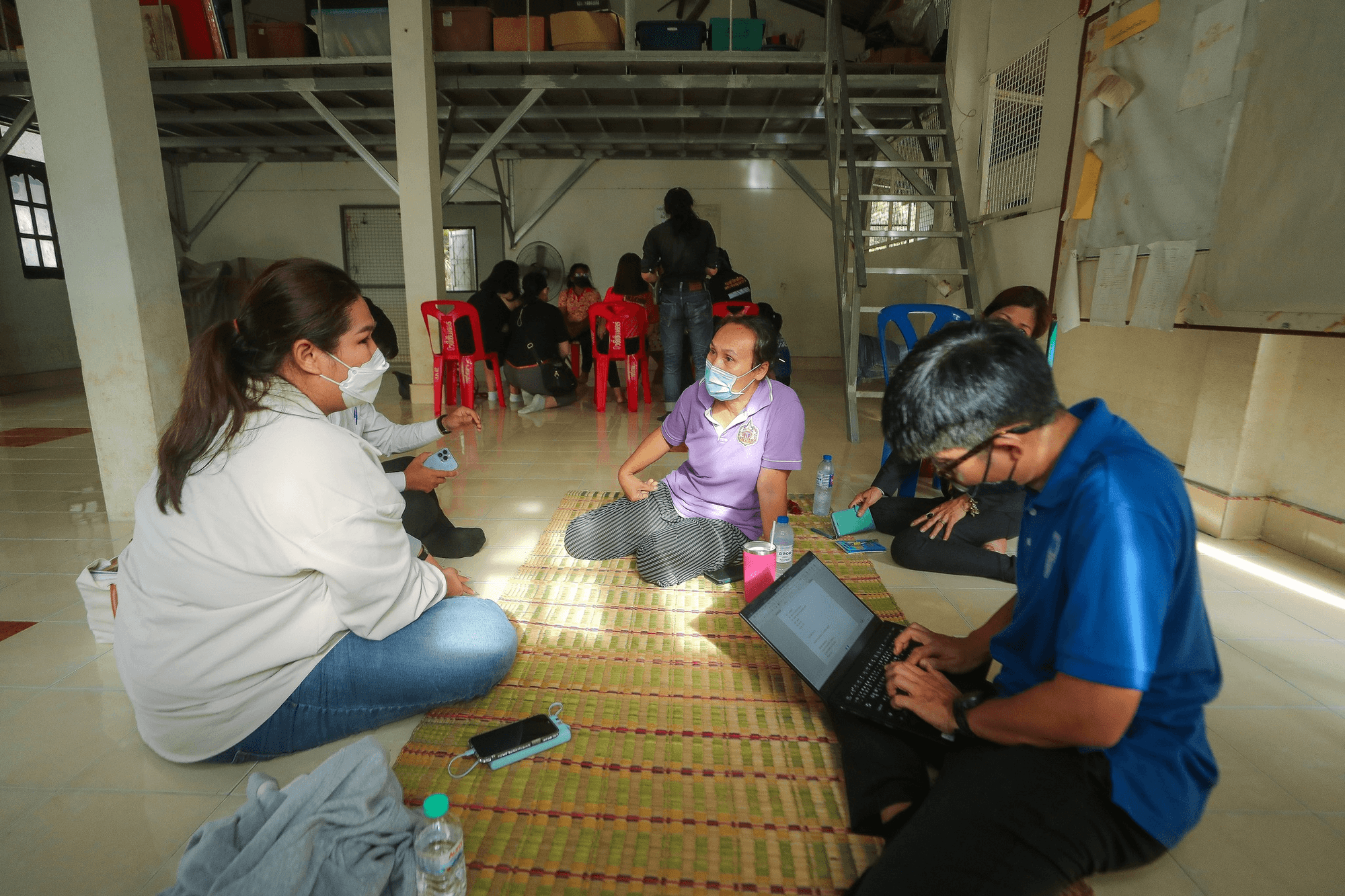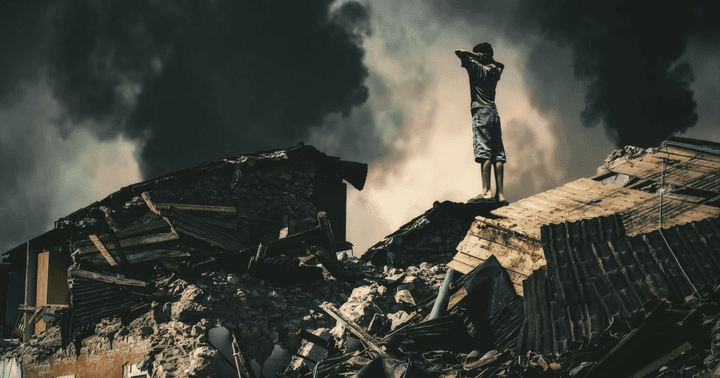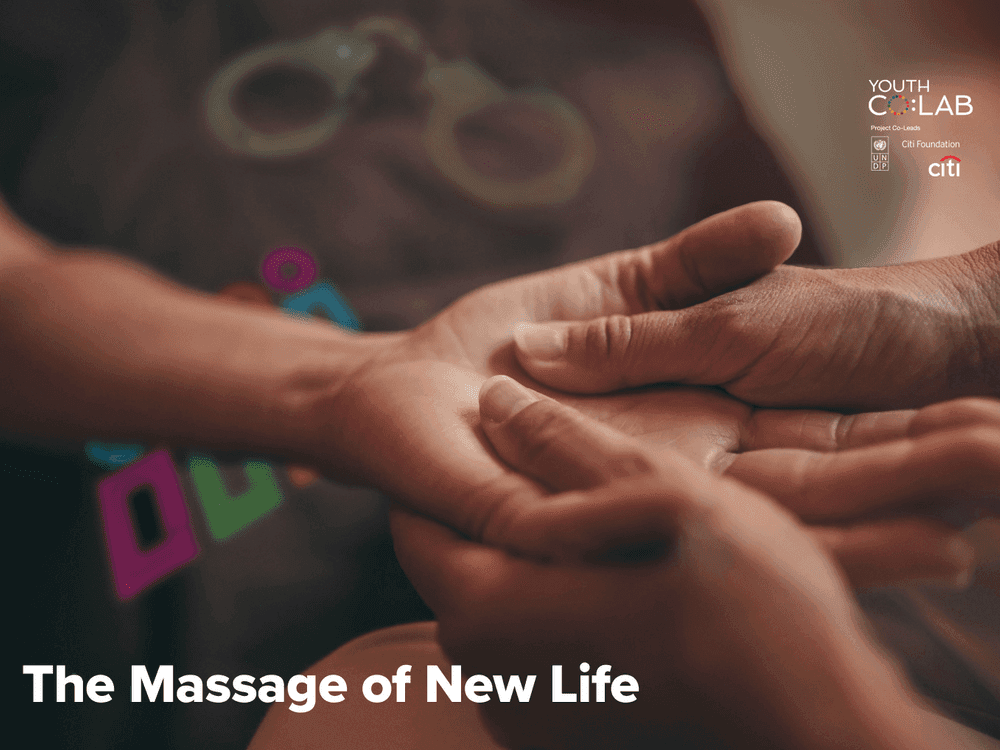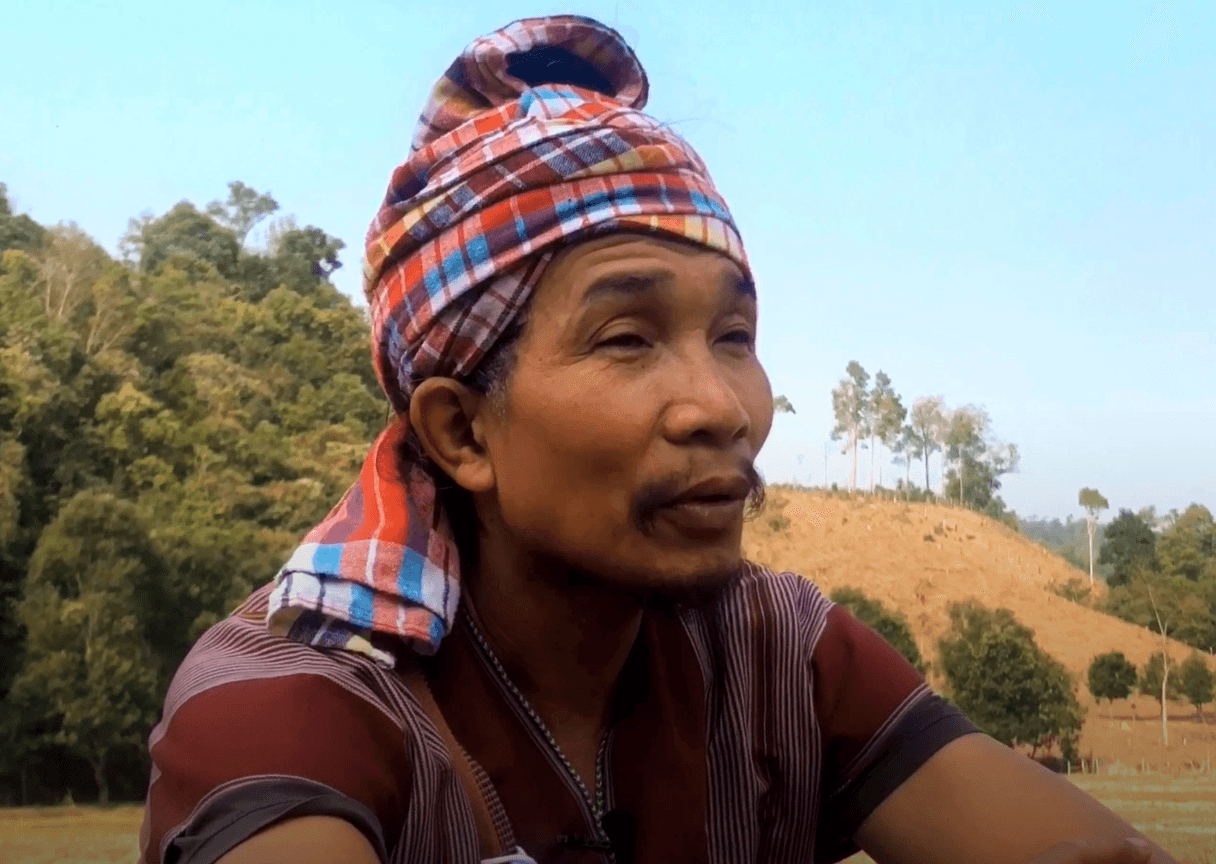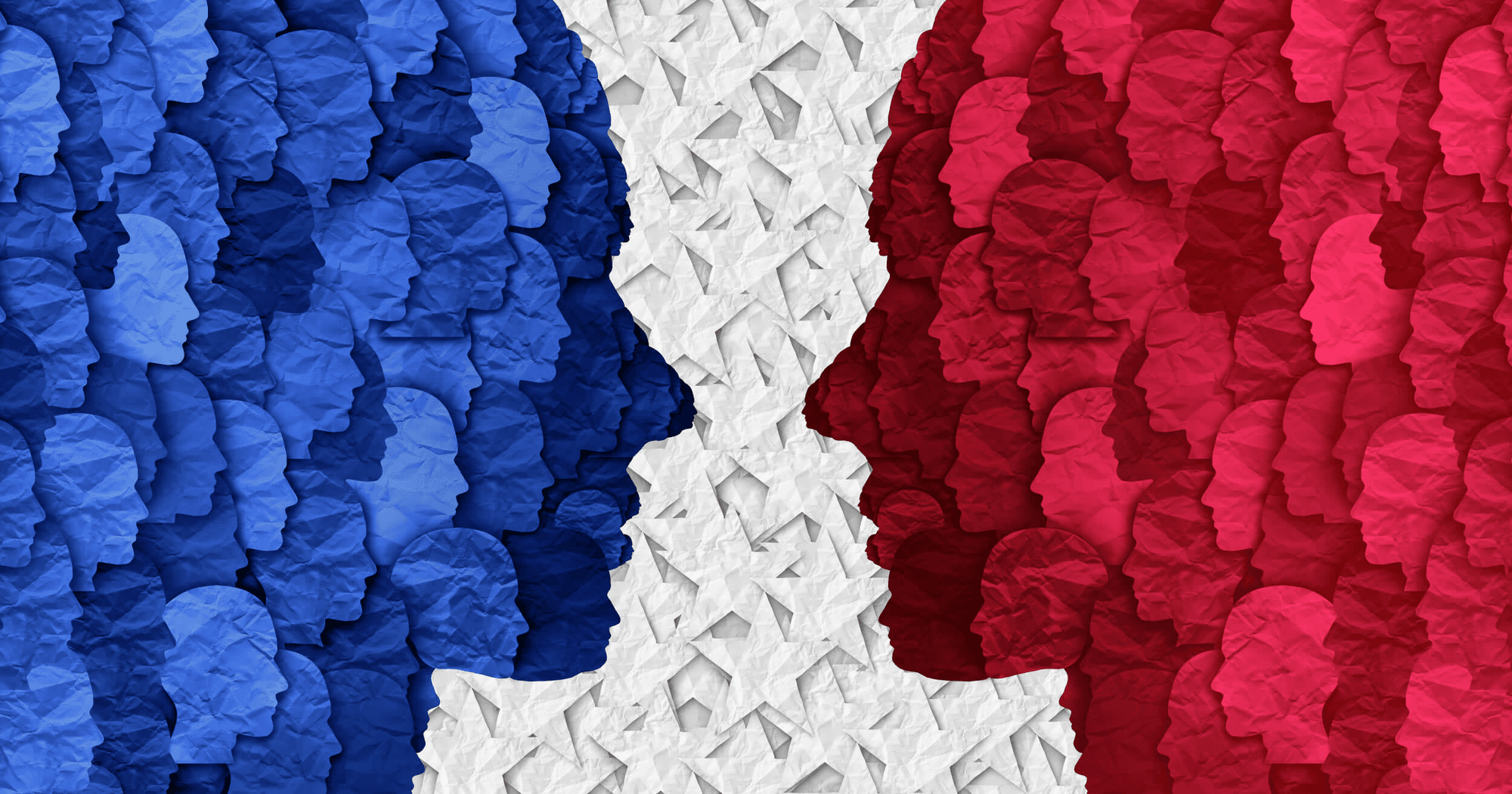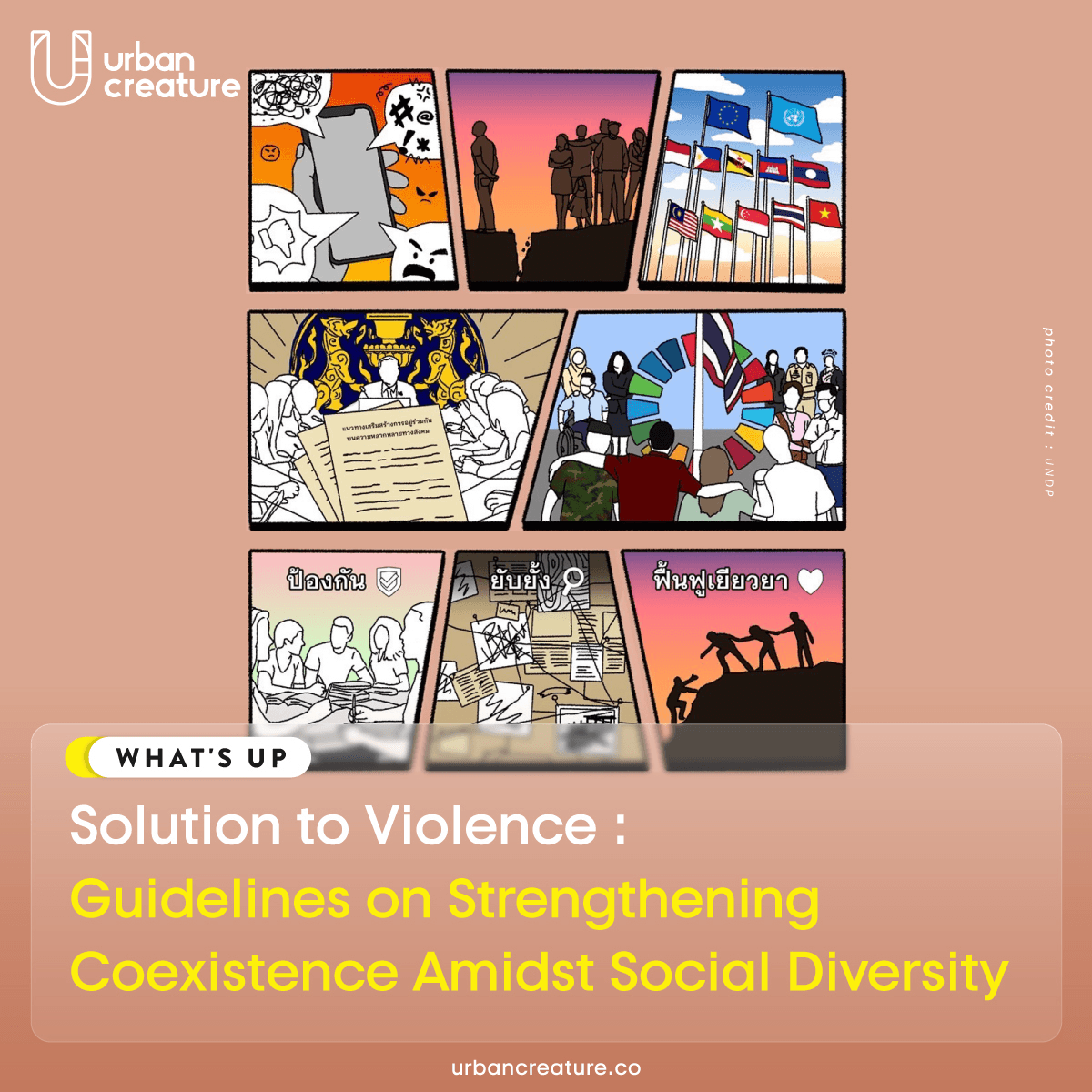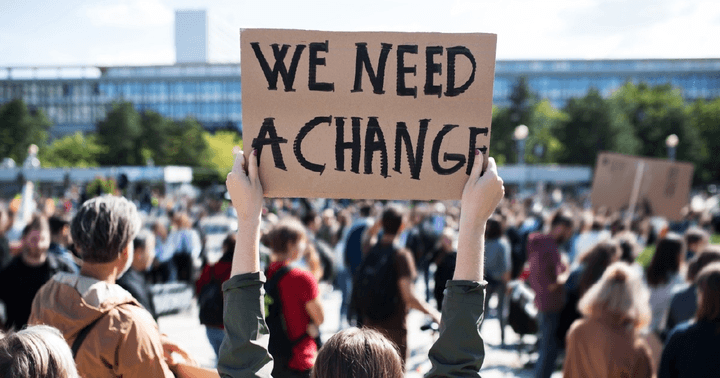The Massage of New Life, In the World Where Everyone Deserves A Chance
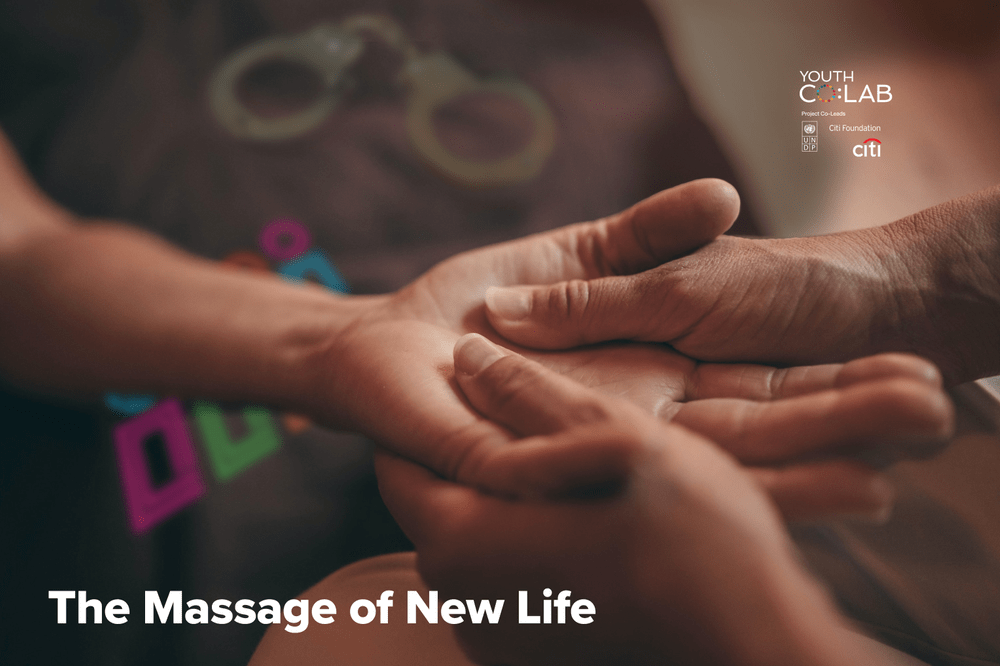
Have you heard of the wonder of Thai massage? The hands that heal your body, your pressure points, your soles, and maybe your soul too. Hands of a masseuse transfer energy to your muscles, and give life back into your exhausted body. The money flow in the Thai massage industry accounts to as high as 35 million baht. It is one of Thailand’s major exports (which is closed for now according to government measures) but the cost for a massage course is dear, ranging from a few thousands to even ten thousands.
Would you like to know how to learn massage for free? Just get into a prison after which
“Not a single employer will hire you.”
While we live in a society where people hold a pessimistic attitude towards former prisoners, the owner of ‘Lila Thai Massage’ opens her arms to them. “Most employers deny jobs to former prisoners, and if they find out later they will force them to leave. Some just reduce their payment to the point where ex-inmates have to leave.”
Thailand’s proportion of female prisoners to 100,000 population is the highest in the world, even higher than the US. Statistics from the Department of Corrections tell us that 80 percent of female prisoners are imprisoned from drug cases, followed by theft. It is important to note that most of these cases are harmless, it causes no severe harm. Two out of three women in prison are breadwinners of their family, and two out of three did not finish compulsory education. It is not difficult to surmise from this that these women turn to ‘wrongdoings’ because they have no other choices left.
Many women who are imprisoned with drug cases meet a dead end to support their family, and they turn to drug-dealing as a solution to their daily expenses. A woman who was accused by her husband of dealing 25 tablets of amphetamine, was imprisoned for 6 years and fined 250,000 baht. And she did not enter the life of incarceration alone, she went with a baby in her 4 months of pregnancy.
“Ex-prisoners? What if they bring drugs in here?” A building owner asked with solemnity when Lila Massage wanted to open their shop in their building. The question was cloaked with the long-entrenched bias against prisoners, but answers later manifested itself to the owner, to see that giving a chance to former prisoners is to prevent repeated offense, and to change their lives. With the belief that no human wants to be confined, and ripped of freedom, this is the path where former prisoners can go on with their lives.
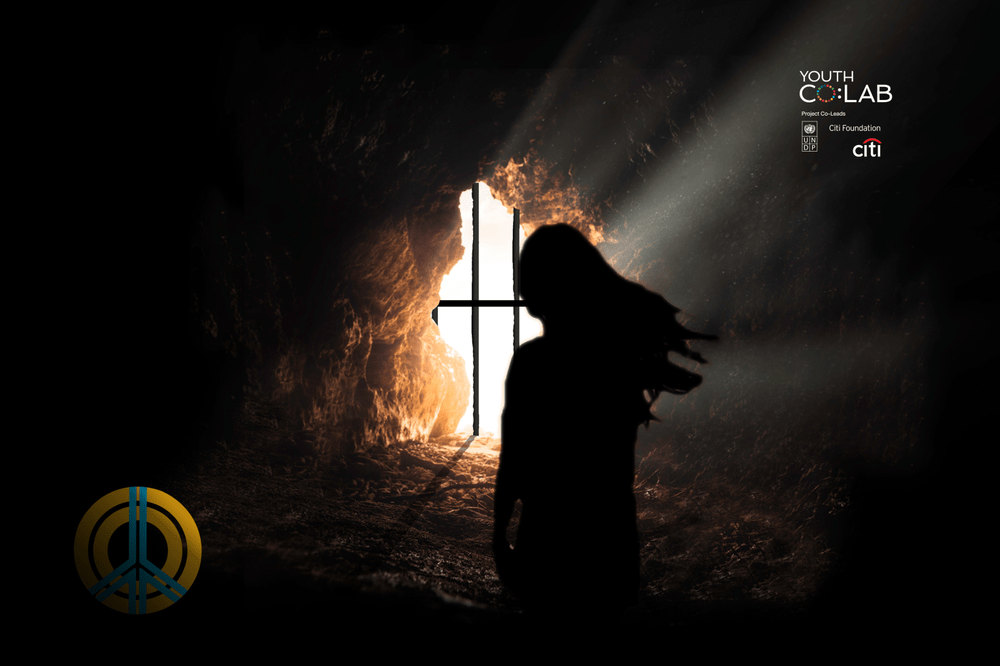
“If I had income like this, I wouldn’t have turned to drug-dealing.”
This is part of a telephone conversation between a massage therapist and her mother. The masseuse finished the 150-hour massage course provided by the Department of Skill Development during her incarceration. Some might wonder: Why do you choose to be a massage therapist? Why not something else? The answer is this: being a massage requires little to no investment. The prisoners can just get out of prison, and start their job right away.
Career building courses are one of the few good things in prison. Life in confinement is more difficult than one can imagine: crowded space, three blankets provided for you to DIY into a pillow, a bedsheet, or a blanket, you can shower with little water, and buy your own sanitary napkins with hard-earned money inside the prison. One baht in prison is a prized possession.
Not to mention pregnant women who bring another life in there with them. According to prison regulations, when a baby reaches one year of age, the incarcerated mother must send the baby outside where they have no idea whether their relatives, or the person they trust with their child, will take good care of them. And in cases where mothers have to leave their children with other people before they enter prison, they do not know if they can trust the caretaker. If a child had 200 baht to bring to school a day, they might get none now. Nothing is guaranteed of the wellbeing of the child.
Naowarat Thanasrisudarat, former Director of Female Correctional Institution in Chiangmai understands a mother’s heart, and difficulties in a woman’s life. She began her ‘Lila Thai Massage’ business after retirement which was supposed to be the time she got to rest after 42 years of hard work. But she knows that hardship, poverty, and equality does not end with her retirement. She decided to put up the “Ex-Inmates Working Center” sign in front of the massage shop, with the strong intention to tell society not to judge a former prisoner, before you get to know them.
Naowarat’s method is uncomplicated. She depends on sincerity, both with the customers, and the former female prisoners. If a customer just steps into the shop, they will understand the life of an imprisoned woman, and get to take their relaxed body back home.
She does not consider her business a social innovation whose impact is wide and far. Naowarat just knows at heart that there are many former female inmates out there who need a chance, an understanding enterprise, and someone to look at them with bias before getting to know them and their potential. Throughout the ten years of Lila Massage, there were only three prisoners who got back to taking drugs for personal reasons. But it was only a few, compared to the hundred lives who got to build their future again here.
Still, there is more to do to prevent repeated offenses and to leave the old beliefs about prisoners behind. According to the Enforcement of Health Establishment Act, B.E. 2559, the health establishments are regulated and those working there must not commit crime related to sexual offense, property, or drug within one year before work.
The question here is, within one year that the women cannot work in the field, what other options do they have? Social bias only runs them out of options that they do not even have in the first place…
References:
https://www.bbc.com/thai/thailand-42594778
https://www.the101.world/life-in-prison/
https://knowledge.tijthailand.org/publication/detail/47#book/
